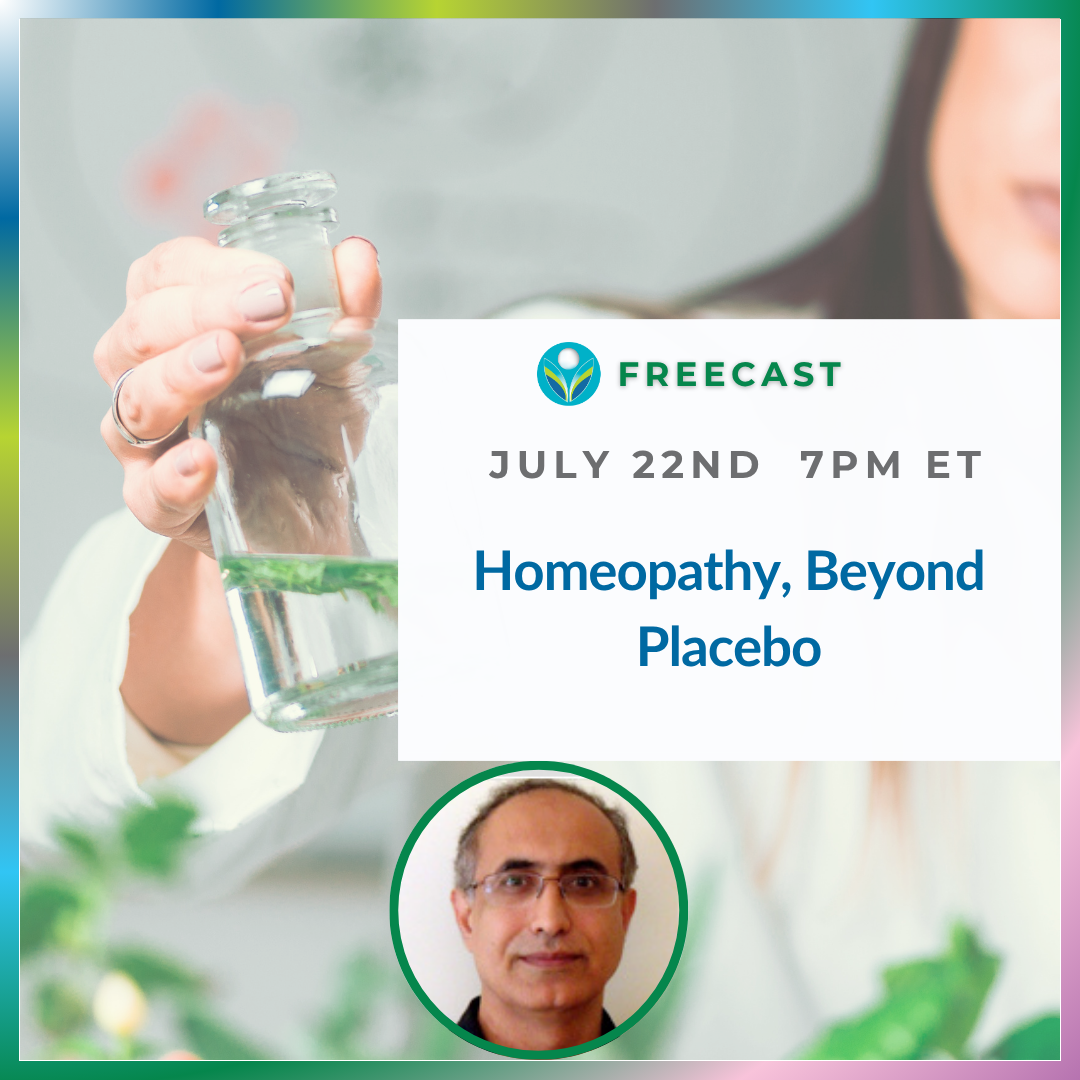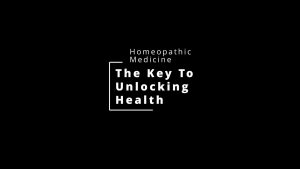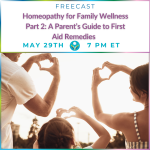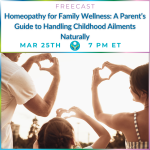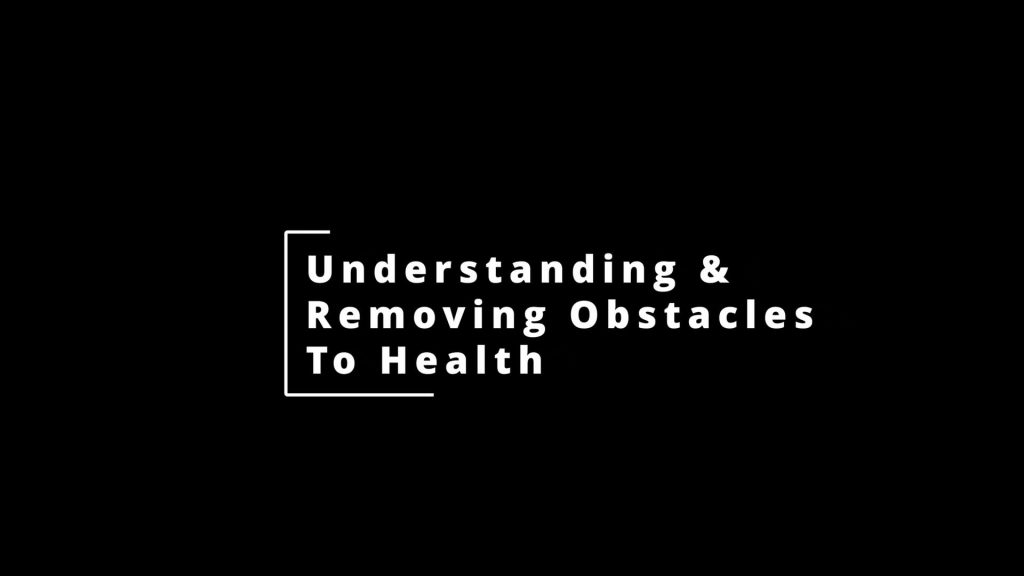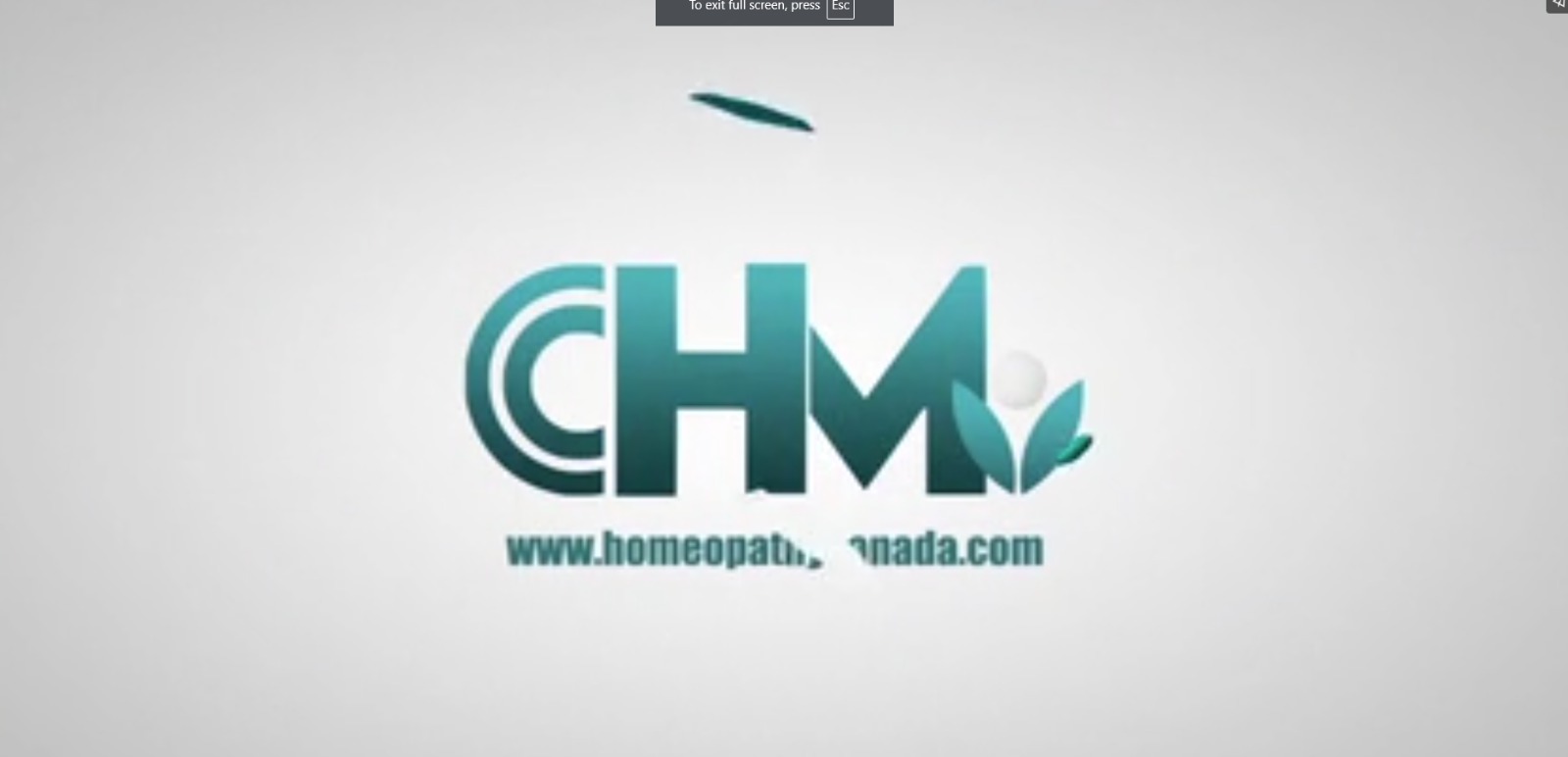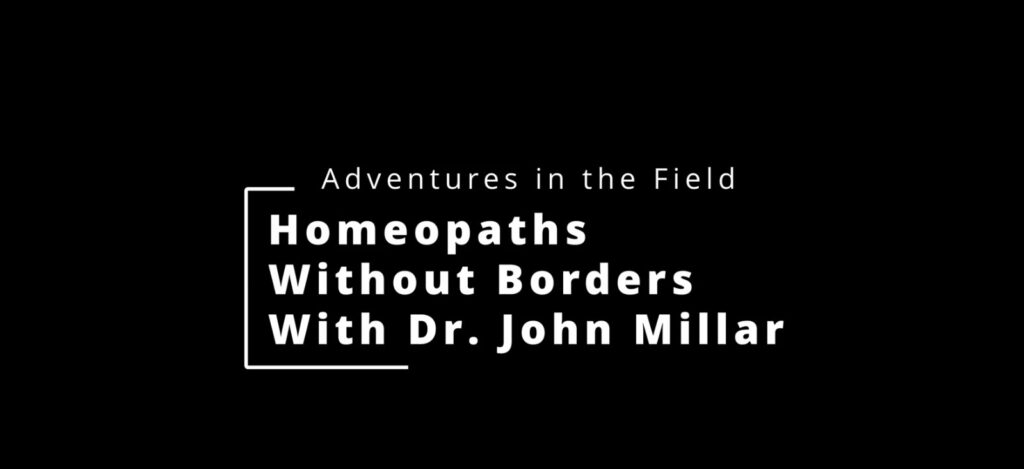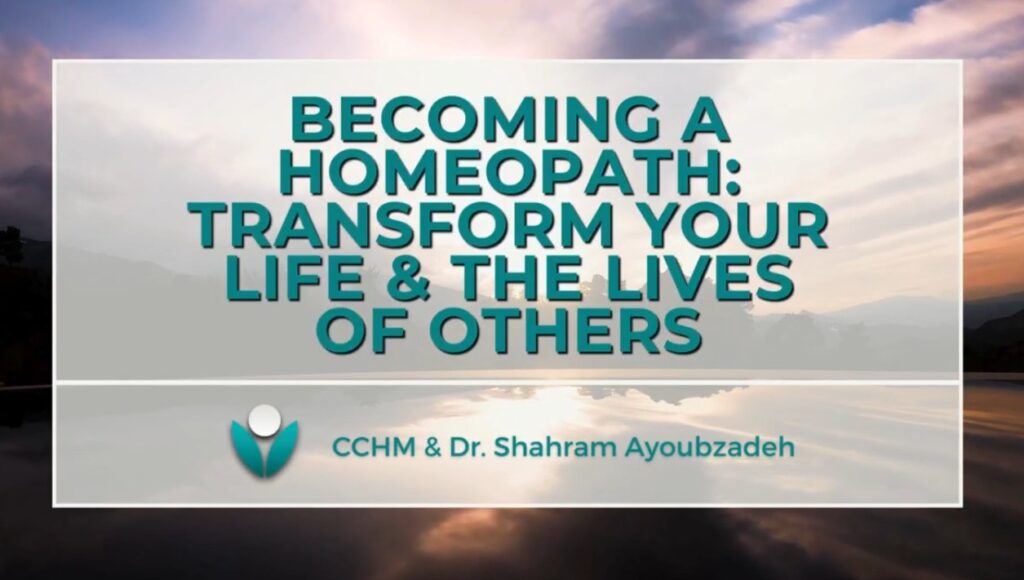Free Videos & Events
Hear what our students have to say
Upcoming Events
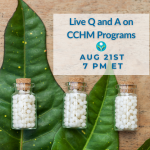
Live Q&A on CCHM Porgrams
🗓️ Thursday, August 21st🕛 7:00 PM ET
Curious about what it’s like to begin your homeopathy studies at CCHM this summer? Whether you’re considering a career change or just starting your journey, this is the perfect opportunity to get your questions answered.
Andrea Deal, our wonderful Director of Admissions, will walk you through how the Program works, what to expect from the flexible format, and how you can stay ahead of the curve before the September rush.
Bring your questions and get the clarity you need to take your next step!
📍Free and open to all prospective students.
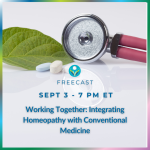
Working Together: Integrating Homeopathy with Conventional Medicine


Join Dr. Shahram Ayoubzadeh, MD, ND, HOM—Dean of the Canadian College of Homeopathic Medicine—for an inspiring and timely webinar exploring how these two systems of healing can complement rather than compete. Drawing on his training and clinical experience in both conventional and homeopathic medicine, Dr. Ayoubzadeh will discuss:
- Why integration is not only possible—but essential
- How each system addresses different layers of healing
- Real-world examples of collaborative care
- The role of the practitioner in bridging both paradigms
Whether you’re a healthcare professional, student, or curious health seeker, this is a valuable opportunity to rethink what true integrative care can look like—and how homeopathy can hold its place within it.
Free and open to all. Registration required.
Free Webinar & Interview Recordings

Homeopathy & Health Sciences Diploma Program
Each Homeopathy and Health Sciences Diploma Program is an intensive, specialized course in homeopathic medicine, medical sciences and holistic nutrition. Our priority is to make available to the student all the knowledge, insight and experience necessary to become an excellent professional homeopath with a successful homeopathic practice. Both the theoretical and clinical components adhere to, or exceed, the College of Homeopaths of Ontario’s entry-to-practice competencies. This is also the only Homeopathic program in Canada that is accredited by ACHENA, which is the gold standard for homeopathic education in North America. This program also meets the requirements that will allow you to write the Council of Homeopathic Certification exam.

